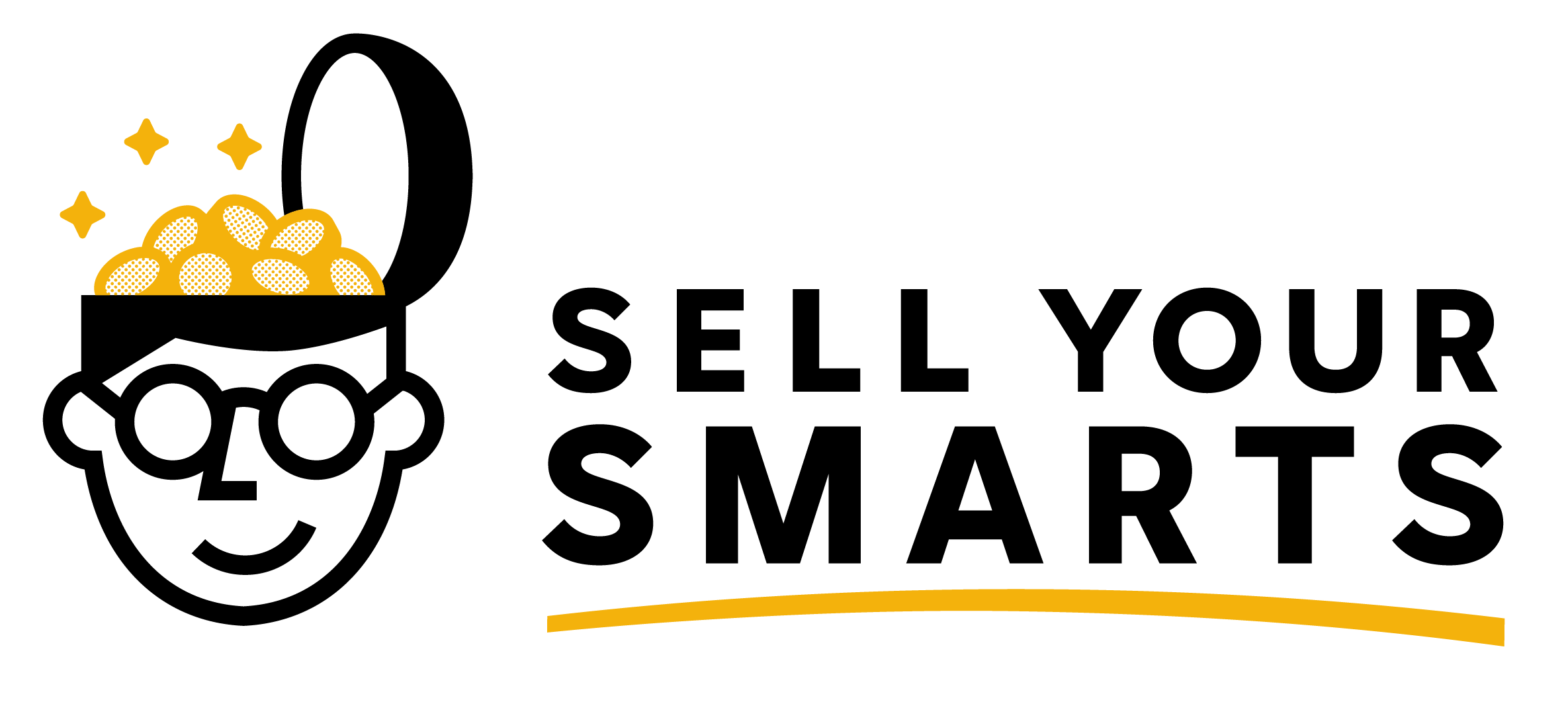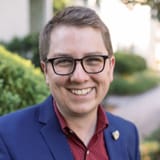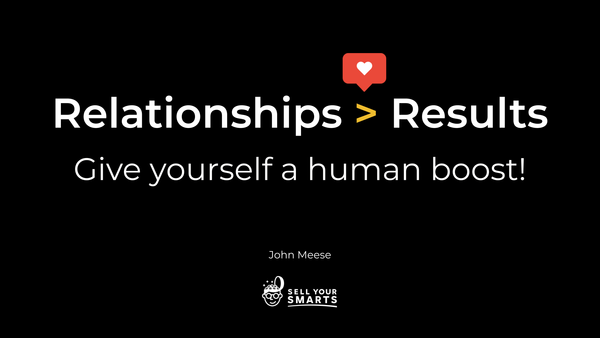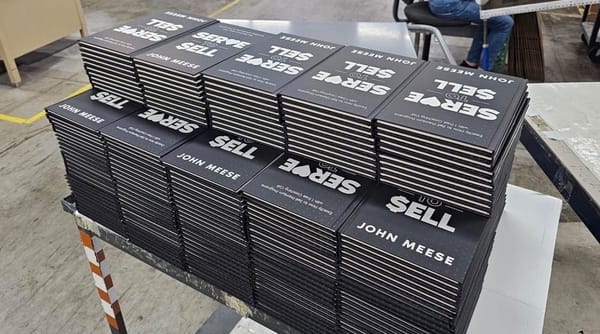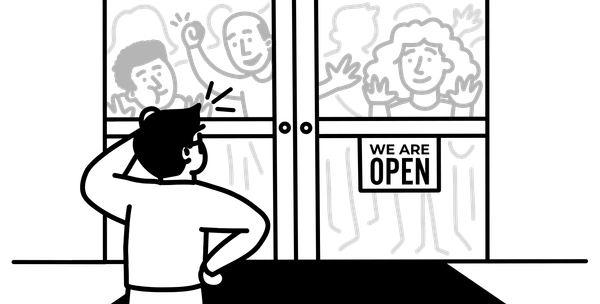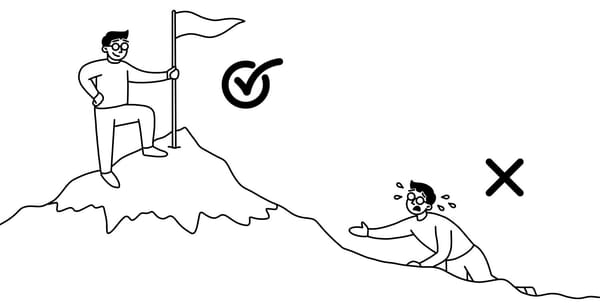Turnt Pro 🕴
Friday morning at 4:42 AM, I woke with two thoughts in my head:
- What do professional creators do differently, that sets them apart?
- Is someone crying? Yes, I think someone is crying… I need to check on that.
Before I answered that first question, I knew I wasn’t doing it.
Seasons change, and there have been seasons when I was acting like a professional writer, teacher, or creator—but this wasn’t it. Perhaps that’s true for you, too?
Many days I forget that I’m a pro, and act like an amateur (which has the same effect as being an amateur, in the end).
I’m an expert writer, teacher, and digital marketer, but expertise doesn’t make a professional. An expert knows how to succeed, but a professional shows up and does the good work.
Many of my friends are bestselling authors, Grammy award-winning songwriters, and influential entrepreneurs, so I have plenty of chances to see professionalism up close and personal—I’ve even been a part-time professional, myself! But it’s time for me to turn pro.
What Does It Mean to “Turn Pro”?
Instead of writing this article, I considered simply sending this note:
It’s such a crucial book for creators (along with The War of Art).
In it, Steven paints a picture of the life and choices of a professional, which is not about how much we know or how much experience we have, but how we show up.
As Steven says,
What we get when we turn pro is, we find our power. We find our will and our voice and we find our self-respect. We become who we always were but had, until then, been afraid to embrace and to live out.
My friend Nathan Barry recently sold 1.25% of equity in his company, ConvertKit, for $2.5 million.
No matter how you slice it, that’s monumental success—especially when you consider that he bootstrapped the company without other investors, and launched the $30MM+ per year company from his personal blog.
Still, his first reaction to the idea of selling shares in ConvertKit was the fear that no one would want them (or at least, that there wouldn’t be enough interest or demand).
As Nathan shared,
"this will never work, no one likes me"Interesting.
That last word, his reaction, is the only difference between Imposter Syndrome in amateurs and professionals. An amateur might have backed out, but as a professional Nathan observed his doubts as “Interesting” and still got to work.
The opposite of Imposter Syndrome is not confidence—it’s turning pro.
How to Turn Pro Teaching Online
As it turns out, my 2-year-old son Myron was the one crying (most likely from a bad dream). As I rocked him back to sleep, I started making a list.
What do professional creators do differently, that sets them apart?
Professional creators know their field of expertise, and stay out of the fringe. They often have hobby subjects they are passionate about, but don’t talk about much online (did you know Michael Hyatt is the Executive Chairman of an Orthodox Christian Seminary?).
Professionals don’t “hustle” or scroll social media searching for dopamine hits. They don’t even post and refresh looking for “likes” or other signs of approval, they simply do their good work.
As Steven Pressfield emphasizes in Turning Pro,
The difference between an amateur and a professional is in their habits. An amateur has amateur habits. A professional has professional habits.
Professionals don’t do their work haphazardly or when inspiration strikes, they design their life and business to preserve precious time and energy for their most important good work.
I like the habits Jay Clouse listed when I shared this question on LinkedIn. Professional creators show up with:
- Consistent creative input (if not consistent publishing)
- Bias towards action
- Commitment to incremental improvements
- Responsiveness to their audience/community
- Collaboration/connection with other creators!
Did you notice what you do not see on that list? Excuses.
This morning, I woke up at 5 AM with plans to write quietly before my kids wake up (typically at 7 AM). Myron sensed my ambition, and joined me thirty minutes later!
I could have made excuses, and put this article off further, but I chose not to—because I’m a pro. I had dozens of interruptions, and eventually finished this article while cooking breakfast and inviting Myron to “write” with me, at 7 AM.
I help experts, who are accustomed to the life of a pro. The difference is, in this case, they are experts in a field like personal finance or health or book publishing or psychology and they’re amateurs when they step into a seat as a content creator, teaching online. Perhaps that's true for you, too?
I’ll leave you with my favorite quote from Turning Pro,
When we turn pro, we stop running from our fears. We turn around and face them.
